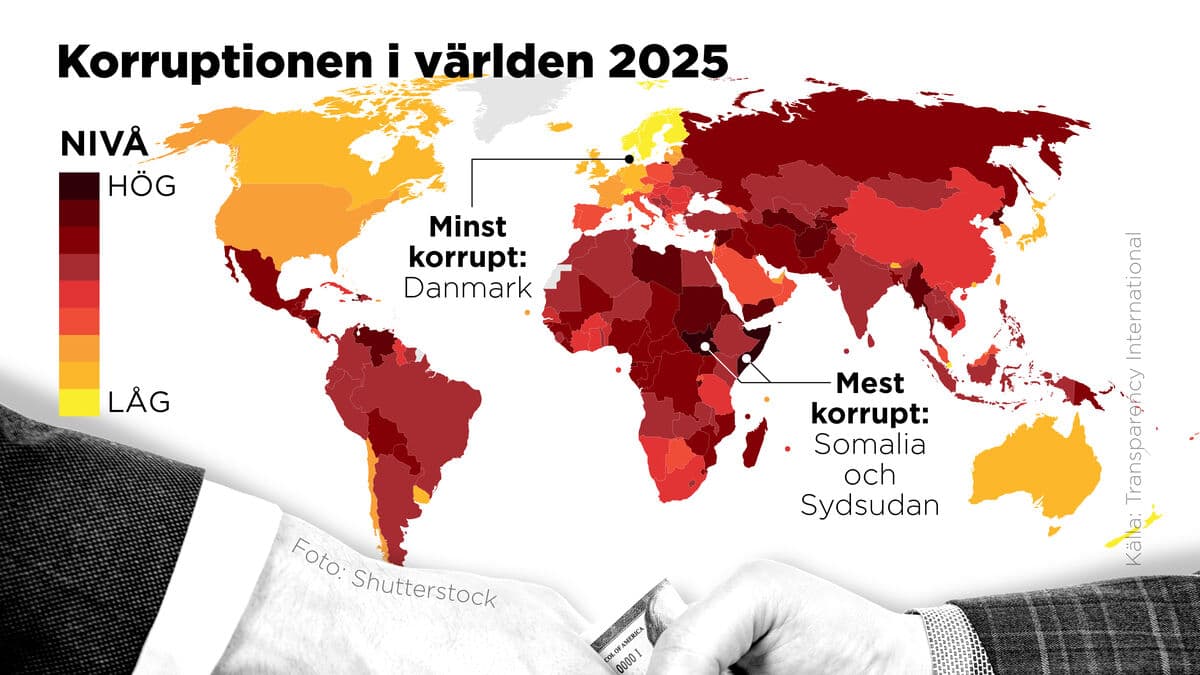A broad review of the health situation in Africa's most populous country reveals widespread famine. Over 33 million inhabitants, in a country with 224 million inhabitants, may risk famine next year. The calculation comes from UN agencies in collaboration with authorities in Nigeria and several voluntary organizations.
The report, called Cadre Harmonisé, examines the situation twice a year in 26 crisis-stricken states in Nigeria.
The survey shows that 25 million inhabitants already today have difficulties accessing sufficient food, and that the number of those with "food insecurity" will increase next year.
The reasons are several according to the report: rapidly rising food prices combined with a drastically falling exchange rate for Nigeria's naira, consequences of local conflicts, and results of climate change and increased deforestation.
Furthermore, increased energy prices threaten to exacerbate the crisis, according to the report published on Friday.
"Around 5.4 million children and nearly 800,000 pregnant or breastfeeding mothers are affected by acute malnutrition in six of the most vulnerable states," writes the UN's food agency WFP.






